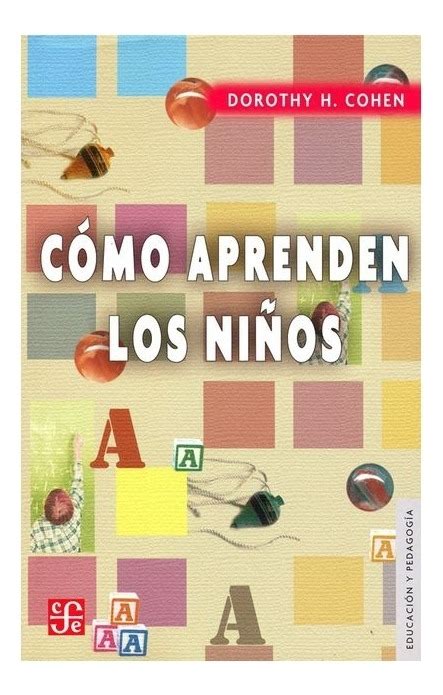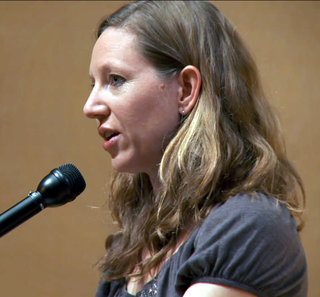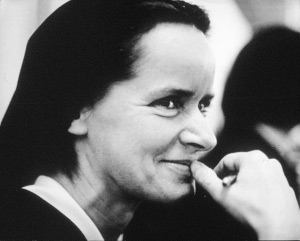A Quote by Ed Gordon
You will meet their children through their eyes. One of the most poignant moments is when I asked each to describe the moment they found out their child had been killed. So this is a very personal side to each one of these mothers ["Mothers of the Movement"].
Related Quotes
My coming to England in this way is, as I realize, so unusual that nobody will easily understand it. I was confronted by a very hard decision. I do not think I could have arrived at my final choice unless I had continually kept before my eyes the vision of an endless line of children's coffins with weeping mothers behind them, both English and German, and another line of coffins of mothers with mourning children.
all daughters, even when most aggravated by their mothers, have a secret respect for them. They believe perhaps that they can do everything better than their mothers can, and many things they can do better, but they have not yet lived long enough to be sure how successfully they will meet the major emergencies of life, which lie, sometimes quite creditably, behind their mothers.
I know that a lot of feminist fears about the trans movement have been, "Wait, we never got to the part where we focus on women! We tried for a minute, but we don't want to lose the category all of a sudden. We haven't heard yet from the females with children called mothers, we haven't heard yet from all these groups!" On the one hand I'm very sympathetic to that, but the category of Women or Mothers, any of these categories, are on shifting sands and always have been.
Each side has legitimate aspirations - and that's part of what makes peace so hard. And the deadlock will only be broken when each side learns to stand in the other's shoes; each side can see the world through the other's eyes. That's what we should be encouraging. That's what we should be promoting.
As important as the father is in the life of a child, even he must take second place to mother during the first three years of life.... Consequently, mothers actually have more to do with producing a predisposition toward homosexuality than fathers. Two kinds of mothers are particularly harmful - smother mothers and dominating mothers.
In a famous Middletown study of Muncie, Indiana, in 1924, mothers were asked to rank the qualities they most desire in their children. At the top of the list were conformity and strict obedience. More than fifty years later, when the Middletown survey was replicated, mothers placed autonomy and independence first. The healthiest parenting probably promotes a balance of these qualities in children.
Mothers have not always had the most important role in their children's upbringing, when they had other economic roles to play. Inpast centuries, fathers were the key parent in the upbringing of the next generation, because moral training, not emotional sensitivity, was thought to be central to successful child-rearing. Mothers were thought to corrupt their little ones with too much affection and not enough stern training.
If in the earlier part of the century, middle-class children suffered from overattentive mothers, from being "mother's only accomplishment," today's children may suffer from an underestimation of their needs. Our idea of what a child needs in each case reflects what parents need. The child's needs are thus a cultural football in an economic and marital game.
Most of us in the baby-boom generation were raised by full-time mothers. Even as recently as 14 years ago, 6 out of 10 mothers with babies were staying at home. Today that is totally reversed. Does that mean we love our children less than our mothers loved us? No, but it certainly causes a lot of guilt trips.

































